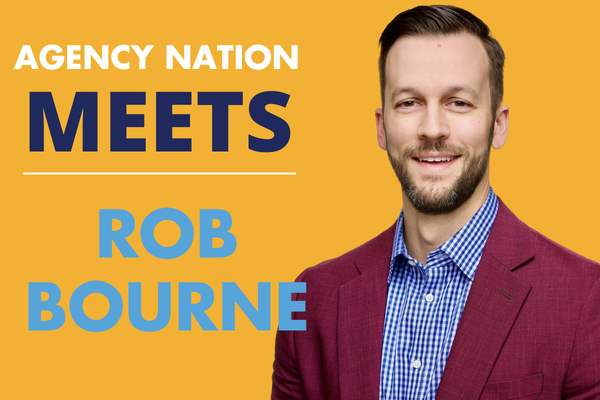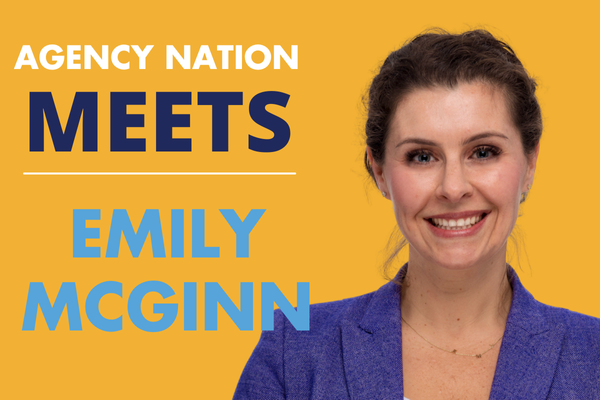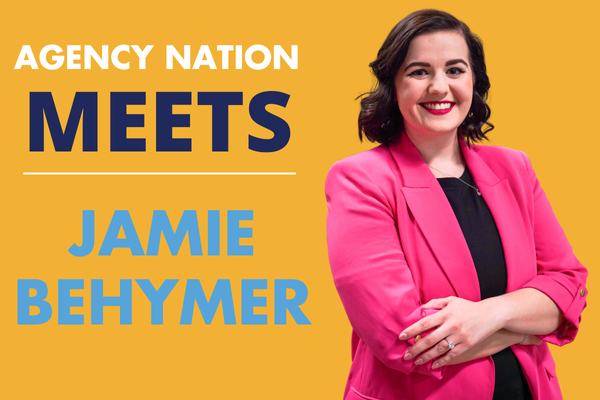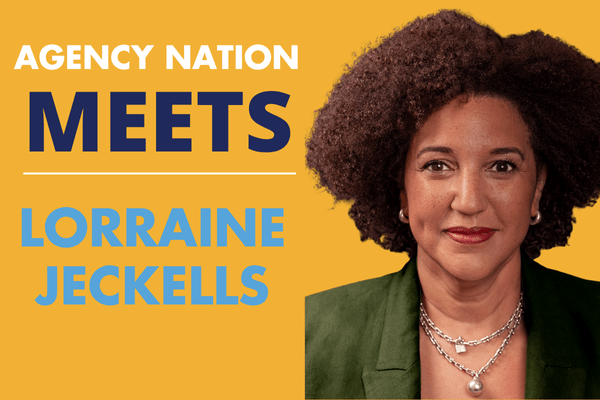The One Question You Should Ask College Grads

By: Dave Evans
It’s that time of year when thoughts turn to vacations, BBQs and events like weddings and graduations. If a client recently invited you to their college graduation, you probably shook their hand and gave them a helpful piece of advice (perhaps something like: “One word—plastics”).
But you probably forgot to ask an important question: ”Will you have disability insurance when you start your job?”
A good starting point for any newly hired person is to read their potential employer’s offer letter and the company’s employee handbook with a focus on the benefits section. Larger employers tend to provide long-term disability (LTD) benefits in addition to any statutory short-term disability benefits, which may be contributory or non-contributory.
But employees can get caught in a trap, even with employers that offer LTD benefits. When one of my kids started working for a midsize employer, the medical insurance and 401(k) plan had only a short eligibility period, but the LTD benefits required a one-year waiting period. If my daughter was disabled within that year, she wouldn’t be eligible for LTD benefits.
Another example might involve a young person working as a self-employed contractor for two organizations. This individual would also not be eligible for benefits.
You might be thinking, don’t millennials at least have Social Security disability benefits? It depends. Many people mistakenly assume that as soon as someone starts working, they are covered for Social Security, which also uses a strict definition of disability. The Social Security booklet states:
“Can you do any other type of work? If you can’t do the work you did in the past, we look to see if there’s other work you can do despite your impairment(s). We consider your age, education, past work experience, and any skills you may have that could be used to do other work. If you can’t do other work, we’ll decide that you’re disabled. If you can do other work, we’ll decide that you don’t have a qualifying disability.”
In order to become insured for Social Security benefits, you must first earn enough “work credits.” In general, to receive disability benefits, an employee must meet two different earnings tests: a recent work test, based on age at the time they became disabled; and a duration of work test, to show they worked long enough under Social Security.
The following table displays the rules regarding the work employees need to pass the recent work test, based on their age when their disability began. Social Security determines the rules in this table based on the calendar quarter in which the worker reached or will reach a certain age.
Generally, many college and graduate school graduates are age 22 and older. Depending on their circumstances, they may not be eligible for Social Security disability benefits until they have collected enough calendar quarters of employment under their belt. With so many young people leading active lifestyles, a severe disability before they accomplish that is a serious possibility.
Independent agents can help their clients ensure they have adequate protection. And don’t forget about yourself and your own employees. The Big “I” offers guaranteed issue disability benefits. For more information, contact Christine Muñoz at 800-221-7917, ext. 5466.
Be sure to mention disability insurance to a recent grad or their parents. Most people never think about it, but for a young person, the probability of a disability is six times higher than premature death.
Dave Evans is a certified financial planner and an IA contributor.










